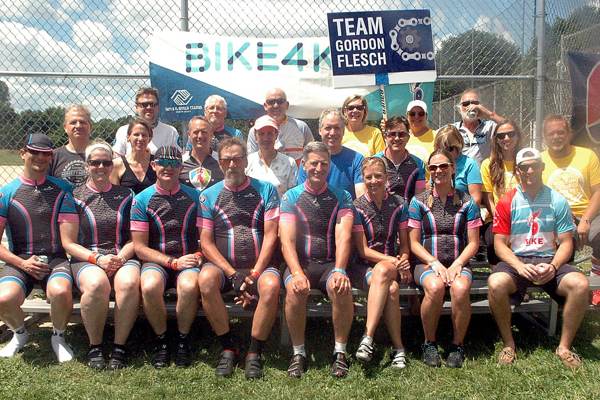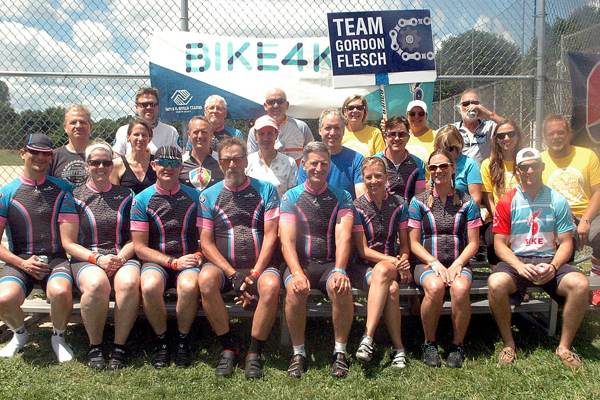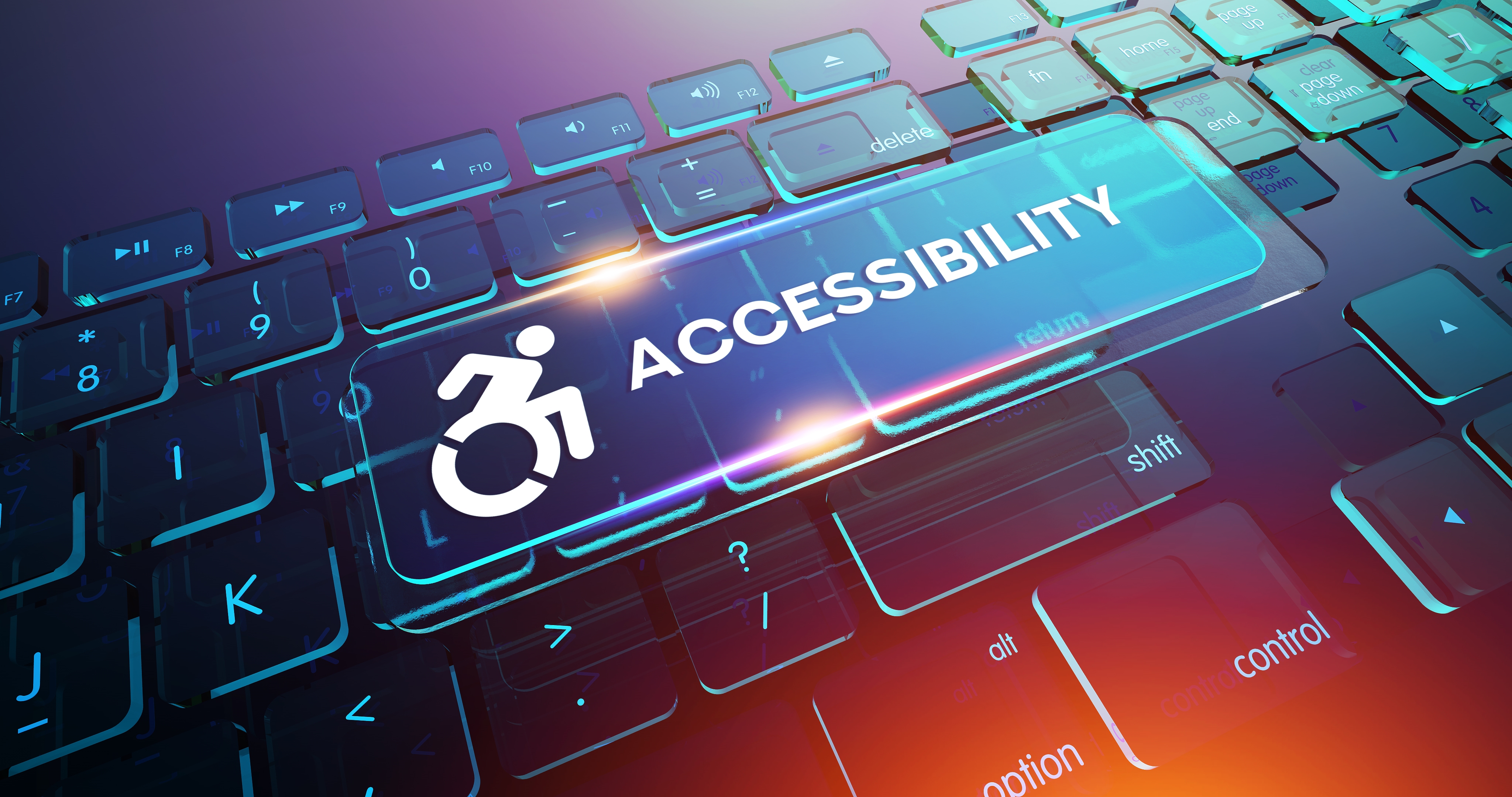When you think of printers and office equipment, there has not been a lot of innovation in shape, size, and form factor of most machines. But as the needs of people with disabilities become increasingly sensitive to schools, offices, and workplaces of all types, they’re rethinking the way machines are designed and deployed in order to ensure people of all abilities can use technology.
As reported in NIU Today, Northern Illinois University and the Gordon Flesch Company have collaborated on a major project to improve accessibility for students and staff who have impairments or disabilities.
Accessibility in the workplace has long been a concern for businesses and schools. It became especially true after the 1990 American with Disabilities Act (ADA), which mandated businesses take steps to increase access for impaired customers and employees. However, many organizations have found that there are needs for even greater efforts to help the blind, people in wheelchairs, or others with disabilities.
The Gordon Flesch Company (GFC) and the Northern Illinois University (NIU) Division of Information Technology have launched a project to modify printers at 20 locations throughout the DeKalb campus to be wheelchair accessible. “The campus is a little more accessible now and has taken another step toward becoming a center of excellence for accessibility,” Katy Whitelaw, Information Technology Accessibility Officer, told NIU Today. “NIU is committed to accessible technology as part of an accessible campus.”
The project is part of a larger effort on the NIU campus to make technology and resources available to all students and staff equally. To help begin the project, Leslie McCleary, Major Account Representative with GFC, walked the campus and considered device locations from the point of view of accessibility. “I had an eye-opening experience walking the campus and realizing how many machines might be hard to reach,” says McCleary. “Not every machine was accessible by a ramp or elevator, meaning someone with a disability might have to go to another building just to use a copier.”
The Division of Information Technology and GFC determined where to add accessible printers and created a plan to modify the height of existing printers in the Holmes Student Center, the Disability Resource Center, each residence hall, and each academic building on campus. There is also a wheelchair accessible printer in the library.
The wheelchair-accessible models are designed to be usable by anyone. An existing printer can be adjusted to the height required by the ADA, which is about 10 inches lower than the standard printer.
Thanks to these efforts, Katy Whitelaw and GFC earned the Presidential Commission on Persons with Disabilities “Exemplary Advocate Award” for the implementation of this project. The award was “for outstanding efforts to encourage and support equal access for persons with disabilities at Northern Illinois University and the community.”
“Accessibility is an issue that is increasingly important to our customers,” says McCleary. “Working with NIU on this project to make a more accessible campus has been a great experience, and I know that we will be able to use these lessons to be even more sensitive and responsive to all of our users’ needs.”
Just as people shouldn’t be limited by their physical abilities, your organization shouldn’t be held back by your lack of technology. Our free technology inventory checklist documents your physical and virtual IT assets so you know what your IT landscape looks like. Learn more by clicking the link below. Or reach out to the experts at the Gordon Flesch Company today to begin the discussion.







